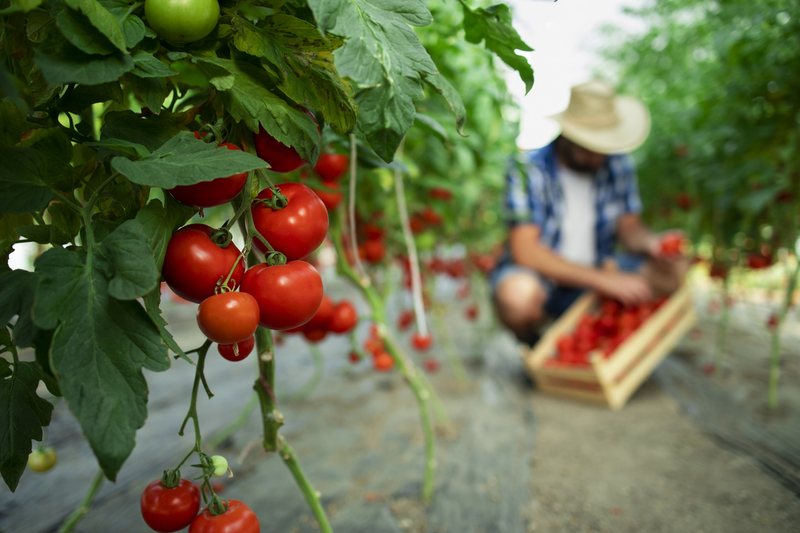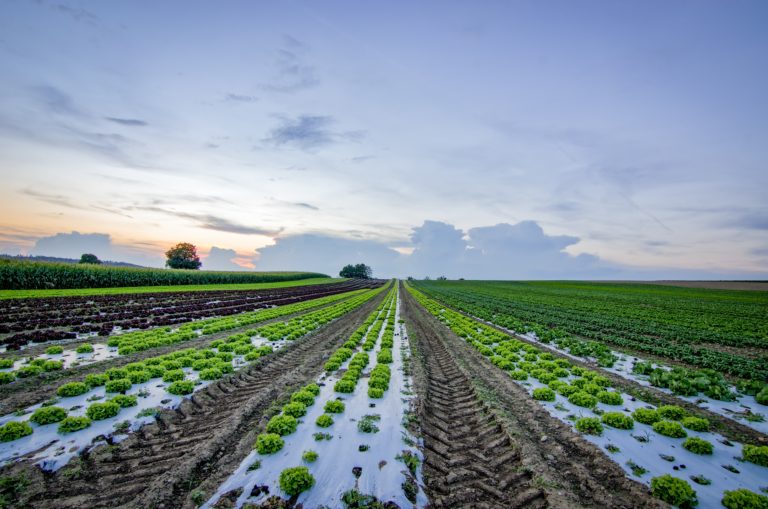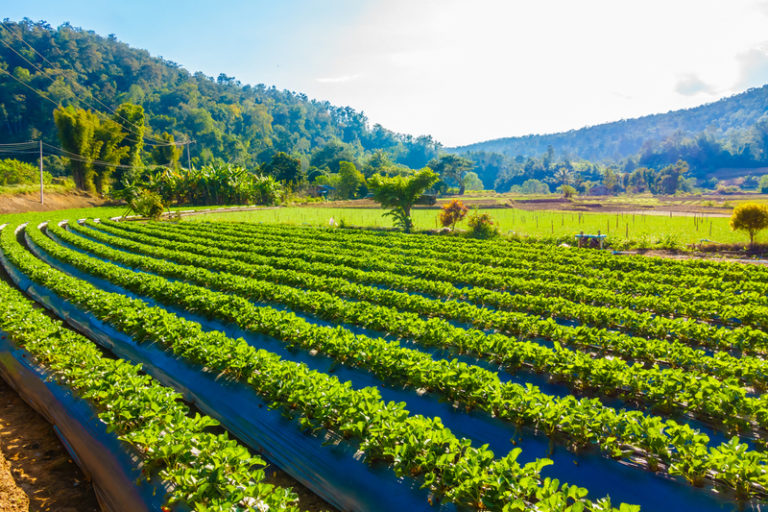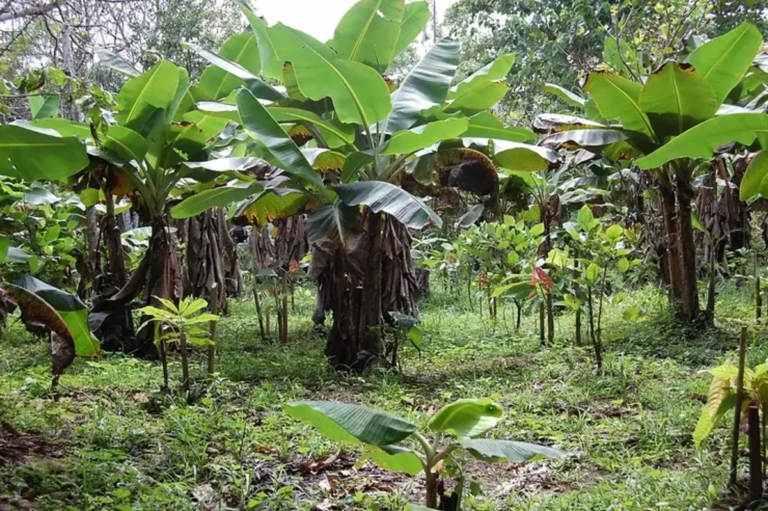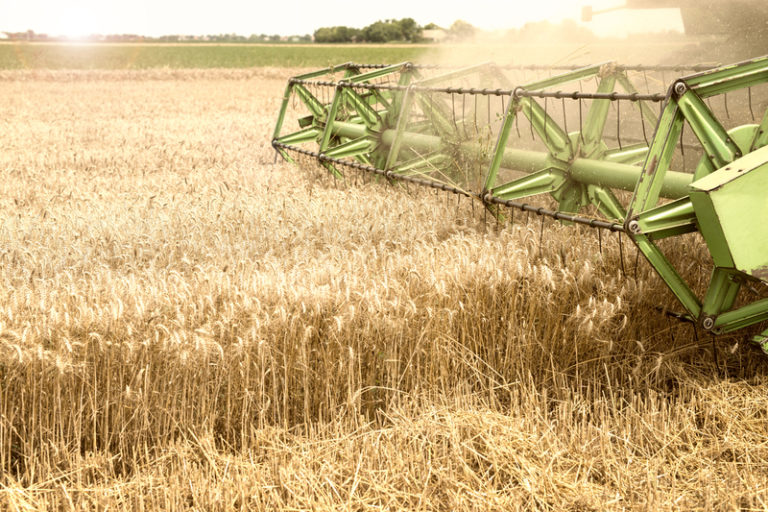Urban Farming: The Future of Sustainable Agriculture
Urban agriculture is a growing trend that is transforming the way people grow food in cities. With increasing populations, limited space, and a desire for more sustainable and local food options, urban agriculture is becoming a popular solution for many people.
In this article, we will explore what urban farming is, why it is important, and how it is changing the way people grow food in cities.
What is Urban Farming?
Urban farming is the practice of growing food and raising livestock within urban areas. This can be done on a small scale, such as a home garden, or on a large scale, such as a commercial farm.
Urban farms can be found in a variety of forms, including community gardens, rooftop gardens, and vertical farms, and they aim to provide fresh, local food to city residents, promote sustainability, and support local economies.
By bringing people together to grow food and share resources, urban farming also helps to build stronger communities and foster a sense of community ownership.
Why is Urban Farming Important?
Urban farming is important for several reasons, including the following:
- Improving Food Security: Urban farming can help to improve food security by providing local, fresh food to city residents. This can help lessen the need to get food from far away, making the food supply more secure and long-lasting.
- Promoting Sustainability: Urban farming can also help promote sustainability by shortening the distance food has to travel, reducing waste and packaging, and lowering the carbon footprint of the food system.
- Connecting People to Food: Urban farming can also help to connect people to food by teaching them about where their food comes from, how it is grown, and how to grow their own food. This can help increase knowledge and appreciation of food and promote healthier eating habits.
- Revitalizing Urban Areas: Urban farming can also help revitalize urban areas by creating green spaces, improving the quality of the air and water, and reducing the urban heat island effect.
- Supporting Local Economies: Urban farming can also help local economies by giving people jobs, helping local businesses, and encouraging people to start their own businesses.
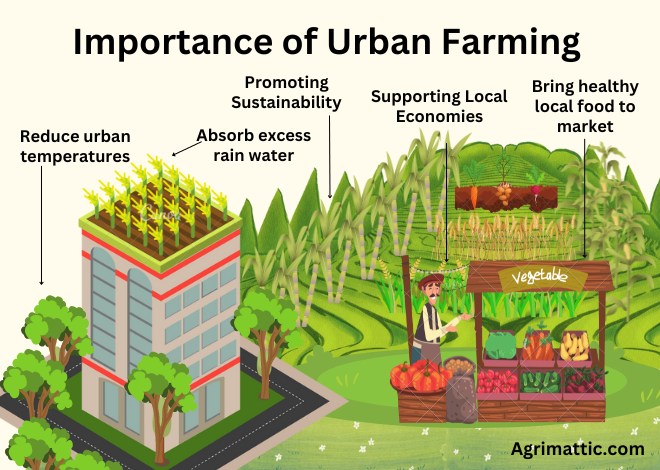
How is Urban Farming Changing the Way People Grow Food in Cities?
Urban farming is changing the way people grow food in cities in several ways, including the following:
- Advances in Technology: Advances in technology are making it easier and more efficient for people to grow food in cities. This can include the use of hydroponic systems, aeroponic systems, and vertical farms, which allow people to grow food in smaller spaces using less water and fewer resources.
- Increasing Popularity: Urban farming is becoming more popular as people seek out fresh, local food options. This has led to the growth of urban farming initiatives and the development of new and innovative ways to grow food in cities.
- Collaboration and Community: Urban farming is also promoting collaboration and community by bringing people together to grow food and share resources. This can help make communities stronger, make it easier for people to connect with each other, and give people a sense of ownership over their communities.
- Supporting Local Food Systems: Urban farming also helps local food systems by making people less reliant on food sources that are far away and by encouraging the production and distribution of food in the area.
In conclusion, urban farming is a growing trend that is changing the way people grow food in cities. By improving food security, promoting sustainability, connecting people to food, revitalizing urban areas, and supporting local economies, urban farming is helping to create a more sustainable, secure, and connected food system.
As the number of people who farm in cities continues to grow, it is likely to become a more important part of sustainable farming and a key part of food production in the future.
Also Read :-

